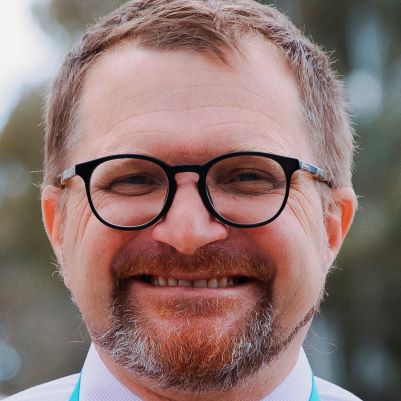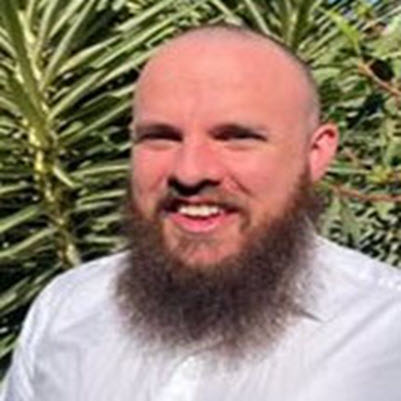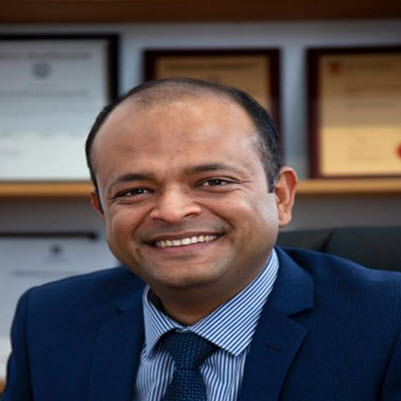False Information as a Threat to Modern Society: A Systematic Review of False Information, Its Impact on Society, and Current Remedies

Abstract:
False information and by extension misinformation, disinformation and fake news are an ever-growing concern to modern democratic societies, which value the freedom of information alongside the right of the individual to express his or her opinions freely. This paper focuses on misinformation, with the aim to provide a collation of current research on the topic and a discussion of future research directions. It argues that a major current issue is the lack of reliable verified datasets and, by extension, the algorithmic learning models based on them. Through the understanding of different variations of false information, it has been possible to see the impact this absence is currently having on society. At the core is a focus on misinformation. A deeper investigation shows that artificial intelligence-based techniques are widely used to counter the effects and confusion caused by misinformation. Potential consequences of misinformation are being highlighted to allow insight into potential issues that may arise from this form of false information to highlight the severity of the issue and to demonstrate the growing need for reliable detection and prevention systems.
AUTHORS

School of Science, Edith Cowan University
Perth, Australia
Mohiuddin Ahmed is currently working as Lecturer of Computing and Security in the School of Science at Edith Cowan University. Mohiuddin has been working in the areas of data analytics and cyber security; in particular, he is interested in false data injection attacks in Internet of Health Things (IoHT) and Internet of Flying Things (IoFT). His research projects are funded by different external agencies. He has edited books on data analytics, security analytics, blockchain, and other contemporary issues. He has also engaged with media outlets, such as newspaper, magazine, and The Conversation, for example. He is also an ACM Distinguished Speaker, Australian Computer Society Certified Professional, and a Senior Member of IEEE.

National Security Hub,
Canberra, Australia
University of Canberra,
Canberra, Australia
Sascha-Dominik Dov Bachmann is a Professor in Law at the University of Canberra and the Co-Convenor of its National Security Hub. He is a Fellow of NATO SHAPE Brussels as well as a Fellow of the Security Institute for Governance and Leadership in Africa, Faculty of Military Science, Stellenbosch University. He acted as NATO SME (Cyber and Rule of Law) for the 2011 Countering Hybrid Threats Experiment in Tallinn, Estonia and The Hague. He is also an extraordinary Reader in War Studies (docent) at the Swedish Defence University.

School of Science, Edith Cowan University
Perth, Australia
Chris Martin completed his Master’s of Cyber Security in 2021. He has key interests in misinformation detection and information warfare. Particular interests can be found in world response to unprecedented scenarios, such as the Covid-19 pandemic. Since completing his master’s, Chris has started working for an app development company in his hometown of Perth, Western Australia which he has found great passion in. Outside of the professional space Chris enjoys researching the latest cyber threats posed to society, tinkering with the latest tech gadgets, and coding small programs to help automate common tasks.

School of Science, Edith Cowan University
Perth, Australia
Tristram Walker has completed a Master’s of Cyber Security from the School of Science, Edith Cowan University. He also achieved a BSc in Computer & Network Security earlier. His main research interests are focused on cyber security, information security, misinformation, and information warfare, with his most recent work focusing on false information.

School of Science, Edith Cowan University
Perth, Australia
James van Rooyen is a postgraduate student from Edith Cowan University. James has a BSc in Biomedical Science majoring in Human Genetics and a MSc in Cyber Security. His main areas of research involve Information Security, Misinformation detection systems, Information warfare, and Ethical hacking. James utilises a blending scientific background to provide a unique viewpoint into matters of cyber security, information security, and misinformation.

Faculty of Science and Technology, University of Canberra
Canberra, Australia
Abu Barkat obtained his PhD in Computer Science from UNSW Australia in 2009. His research expertise encompasses cyber security and safety, data analytics, decision analytics, and evolutionary optimization and covers a wide range of applications. He has the experience and expertise in delivering Higher Education, research in IT and cyber security for domestic and international institutes and universities. Before joining the University of Canberra, Dr Abu Barkat was the Head of the Department of Cyber Security and Games at Canberra Institute of Technology, Canberra, Australia.
Published In
Journal of Information Warfare
The definitive publication for the best and latest research and analysis on information warfare, information operations, and cyber crime. Available in traditional hard copy or online.
Quick Links
Archive

